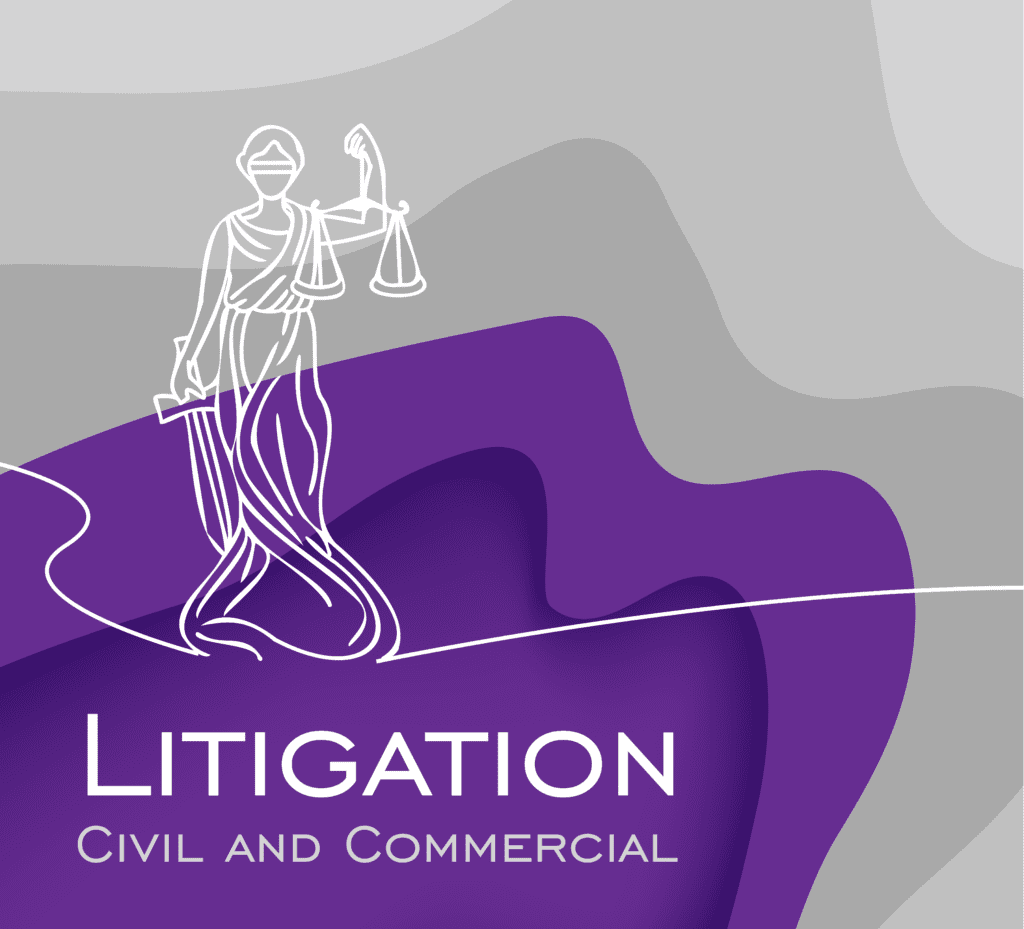The term “County Court Judgment” (CCJ) often causes alarm, especially for those unfamiliar with the legal implications. In 2021 alone, over 800,000 CCJs were issued, reflecting an increasingly litigious society where both individuals and businesses are held accountable for their financial obligations. But what exactly is a CCJ, how does it impact you, and what steps should you take if you receive one? This guide will provide you with a comprehensive overview.
What is a CCJ?
A County Court Judgment (CCJ) is a court order issued in the UK that declares you owe money to another party, typically a creditor or service provider. This judgment is made after the court has reviewed the case and ruled in favor of the claimant—the person or organization to whom you owe money. Once issued, a CCJ is recorded in the Register of Judgments, Orders, and Fines, which is accessible by credit reference agencies.
The Impact of a CCJ on Your Credit Profile
Having a CCJ on your credit file can severely affect your creditworthiness. It signals to lenders that you have failed to meet previous financial commitments, making them less likely to approve loans, mortgages, or even certain types of insurance. A CCJ can remain on your credit report for six years, creating long-term challenges in obtaining credit.
Why Might You Receive a CCJ?
CCJs are usually the result of unresolved debt. However, the circumstances leading to a CCJ can vary:
- Unpaid Bills: If you’ve missed payments on bills, loans, or credit cards, your creditor may take legal action, resulting in a CCJ.
- Business Disputes: Companies may face CCJs due to disputes over unpaid invoices or contractual breaches.
- Improper Service: In some cases, you may not even be aware of pending legal proceedings against you. If the claim form or court orders were improperly served, you could receive a CCJ without prior notice, in which case, you may need to apply to have the judgment set aside.
What Should You Do if You Receive a CCJ?
Receiving a CCJ can be overwhelming, but it’s important to act promptly. Here are your main options:
1. Pay the CCJ
If you agree that the debt is valid, the best course of action is to pay the full amount as soon as possible. You have 28 days from the date of the judgment to settle the debt before it is recorded on your credit file. If you pay within this period, the CCJ will not appear on your credit report. Ensure that the creditor notifies the court of your payment to prevent it from being registered inadvertently.
2. Ignore the CCJ
While you have the option to ignore the CCJ, this is not advisable. Ignoring the judgment will leave it on your record for six years, significantly harming your credit score. Additionally, the claimant may pursue enforcement actions to recover the debt, such as:
- Bailiff Action: Bailiffs could be sent to your property to seize goods equivalent to the debt owed.
- Charging Order: A charge may be placed against your property, potentially leading to its sale.
- Attachment of Earnings: Money could be deducted directly from your wages to satisfy the debt.
3. Dispute the CCJ
If you believe the CCJ was issued in error, or you dispute the debt, you have the right to challenge the judgment. To do this, you must apply to the court to have the judgment set aside. If successful, the CCJ will be removed from the register, but the original legal proceedings will be reinstated, meaning you will need to defend the claim in court. This process can be complex and may require legal assistance.
Case Study: Successfully Disputing a CCJ
Consider the case of Mr. Johnson, who received a CCJ notice without prior knowledge of any legal action. Upon investigation, he discovered that the claim form had been sent to an old address. With the help of solicitors, Mr. Johnson applied to have the judgment set aside. The court agreed, and the CCJ was removed from his record. He then successfully defended the claim in court, avoiding any long-term impact on his credit.
The Legal Process Behind a CCJ
Understanding the legal process that leads to a CCJ can help you better navigate your options:
- Claim Form: The process begins when the claimant files a claim against you. You should receive a claim form outlining the details of the debt.
- Response: You have 14 days to respond. If you fail to do so, the court may issue a default judgment against you, leading to a CCJ.
- Hearing: If you dispute the claim, the case may go to a hearing where both parties present their evidence.
- Judgment: The court will then decide whether to issue a CCJ based on the evidence presented.
Additional Resources
For more detailed guidance on dealing with CCJs, consider exploring the following:
- Government Resources: The UK government provides information on dealing with CCJs, including how to pay, challenge, or seek advice.
- Credit Repair Tips: If a CCJ has already been registered, there are steps you can take to rebuild your credit score over time.
Conclusion
Receiving a CCJ is a serious matter that requires prompt and informed action. Whether you need to pay, dispute, or manage the impact of a CCJ, seeking legal advice can make all the difference. At Aristone Solicitors, we have extensive experience in handling CCJs and can guide you through each step of the process.
If you’ve received a CCJ and need guidance on your next steps, don’t hesitate to reach out to us today at the following numbers to connect with a member of our team:
• Luton, dial +441582 383 888.
• London, dial +442034 393 888.
• St Albans, dial +441727 519 888.
Alternatively, if you’re accessing this information outside our business hours (9am to 5.30pm Monday to Friday, excluding bank holidays) or prefer to put your request in writing, please use our contact form. We’ll promptly respond within 1 working day.



